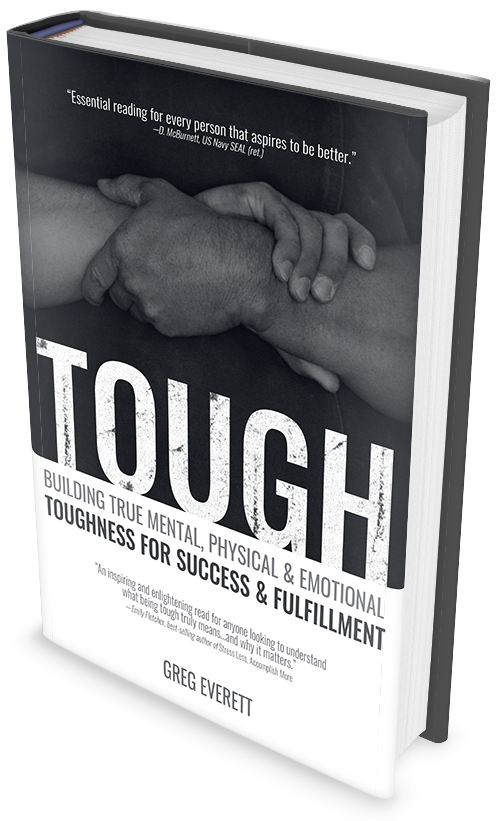Capability is a tool box—the more tools we have at our disposal, the more skilled we are in using each of them, and the more variety of the work for which we’ve employed them in the past, the greater our preparation to handle whatever we encounter, no matter how little it resembles our previous experiences. Tools, literal and metaphorical, all have specific intended uses for which they’re built—but the combination of necessity and our own creativity can expand the potential use of any tool far beyond its original purpose. It’s not always pretty—like pounding a nail in with the side of a crescent wrench—but it’s always better to get the job done than give up because we’re convinced we don’t have the right tools to make it possible. And every time we make it through the kind of experience that demands improvisation and commitment in the face of imperfect conditions and tools, we not only learn how that job could have been done better and the tools we’d prefer to have in hand to allow better preparation in the future, but we also learn more about the potential and limitations of the tools we already have, and build greater confidence in our ability to succeed through our own initiative and chip away at our tendency to be intimidated by new challenges.
Ideally much of the experience we accumulate and the abilities we develop will be driven by curiosity and its attendant enthusiasm—but we need to recognize that at least some of it will need to be accrued as a result of a practical choice to get it done out of necessity or our own benefit despite no particular interest in it. We can’t artificially manufacture interest any more than we can choose what we desire in other ways—it is what it is. Some of us are fortunate enough to have natural interest in what we need to do, but many of us will instead have to simply choose to do certain things for the sake of the role they play in achieving a greater goal or encompassing interest.
For example, some people are fascinated by the process of land navigation—so much so that the sport of orienteering exists as competition to test that ability. But others are drawn to mountaineering because of its various challenges and rewards, and while having no specific interest in the use of map and compass to navigate, develop that ability to an expert level because it allows them to do what it is they actually want—climb mountains. We don’t have to care passionately about every single thing we do and learn—all we have to care about is the overall process and the objectives these things eventually allow us to meet.
Having said that, it’s not unusual over time for us to develop a passion for the process of learning and expanding our abilities itself, making the specifics of what we’re learning less of the focus than the learning itself. We also tend to find through the process interests and passions that would have never occurred to us to investigate otherwise—or that we hadn’t previously even known existed. The tough transform this kind of discovery from accidental to intentional. A willingness to reach out beyond our current experiences and abilities is itself a critical tool for developing toughness.
The more we’re able to do, the better equipped we are to solve any problem that presents itself, and the more prepared we are for any possible contingency, from the mundane and quotidian to the rarest and most extreme emergencies. Our fundamental goal with regard to capability is to continuously collect more.

